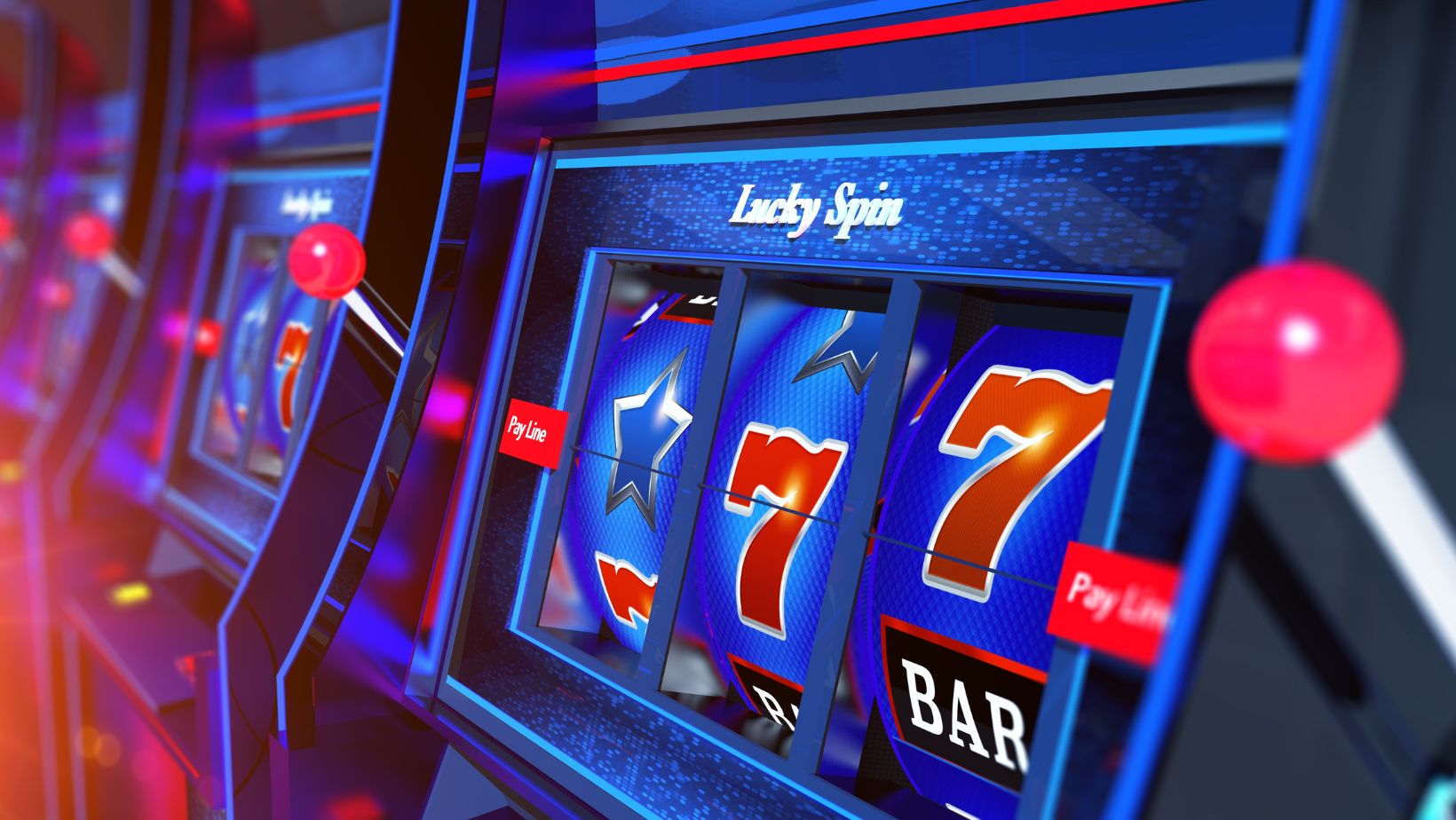
The slot machine has undergone a radical transformation over the past few decades. From the classic physical machines with spinning reels and limited paylines to the new breed of online video slots with innovative features like cascading reels and Megaways, slots have truly evolved to meet the needs of modern gamblers.
In their early days slot machines were entirely mechanical. The player pulled a lever to spin three or four physical reels marked with basic symbols, hoping to land matching combinations across paylines in the center. These slots were simple, relying purely on luck with little player interaction.
The first major innovation came in the 1960s with the introduction of electromechanical slots. These machines replaced mechanical reels with electrical components, but still had a lever to activate spins. More symbols and paylines were added to create new winning combinations. This allowed game developers on modern platforms as casino Nine to experiment with more diverse themes beyond just fruit and bells.
Digital Revolution Begins
The next leap forward for slots came in the mid-1990s with the emergence of digital technology. Video slots moved the game onto computer screens, with virtual reels replacing physical ones. This opened up a whole new world of possibilities for graphics, animation and special game features.
One major advantage of digital slots was the ability to program different odds and payout percentages. Physical reel machines had fixed rates set by their mechanical nature, but now developers had more control to adjust volatility and hit frequency.
| Year | Key Slot Innovation |
| 1960s | Electromechanical slots with electrical components |
| 1996 | First online casino launched |
| Early 2000s | Random number generators introduced |
| 2011 | Megaways mechanic debuts |
| 2020s | VR slots, skill-based elements |
The launch of the first online casinos in 1996 was another breakthrough, allowing people to spin slots from home. Adding random number generators to dictate outcomes opened new gameplay opportunities too. Slots were no longer confined by physical limitations – the games could have expanding wilds, interactive bonus rounds, even progressive jackpots.
Megaways Revolution
In 2011, game developer Big Time Gaming debuted an innovative slot mechanic that would spark a revolution in the industry – Megaways. Their first title, Dragon Born, introduced the concept of thousands of potential paylines.
Every spin dynamically generates a different number of rows. Combined with cascading reels that remove and replace symbols, this creates up to 117,649 ways to win. The Megaways engine provides an exciting level of variability compared to fixed payline slots.
Megaways slots add more layers of randomization to enhance the gameplay experience. The mechanics give players a fun, engaging slot with big win potential on every spin.
Since its debut, licensed Megaways releases from major developers like NetEnt, Pragmatic Play and Red Tiger have soared in popularity. Slots like Gonzo’s Quest Megaways, Starlight Princess Megaways and Wolf Gold Megaways are player favorites around the world. The Megaways brand has essentially become an iconic genre in its own right.
Future of Online Slots
Looking ahead, slots will likely continue evolving to offer even more innovative features. Virtual reality slots already provide an immersive casino experience through headsets. Developers are also experimenting with skill-based elements that allow players to test their dexterity.
One thing is certain – with constantly improving technology, online video slots will go on pushing boundaries for graphics, gameplay and overall entertainment value. The days of simply pulling a lever and hoping for the best are long gone. Slots are now highly complex, vividly themed games with seemingly endless variety.
From physical machines with a handle and three reels to cinematic titles with cascading symbols across 117,649 ways to win, the slot machine has been radically reinvented for the digital age. Megaways and adjustable paylines have made slots more exciting than ever before. With VR and skill-based gaming on the horizon, it’s clear the evolution of slots will march on for years to come.



